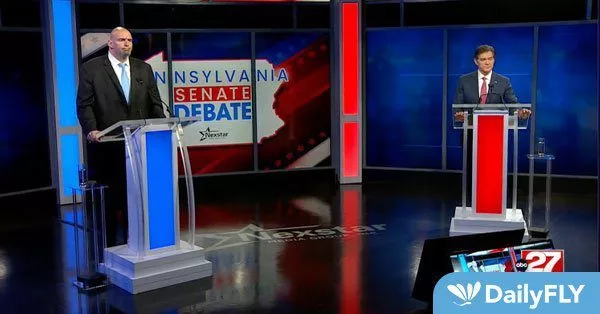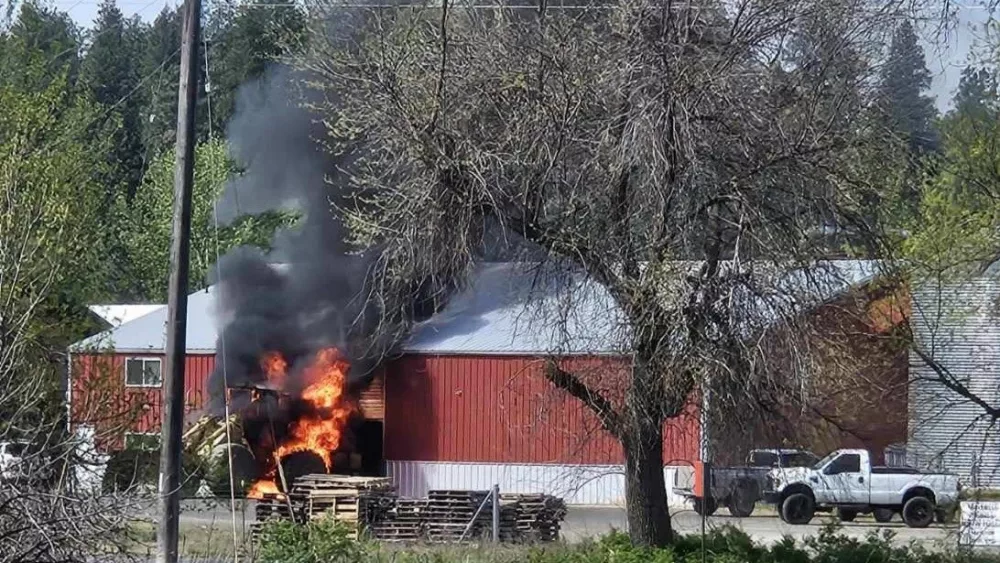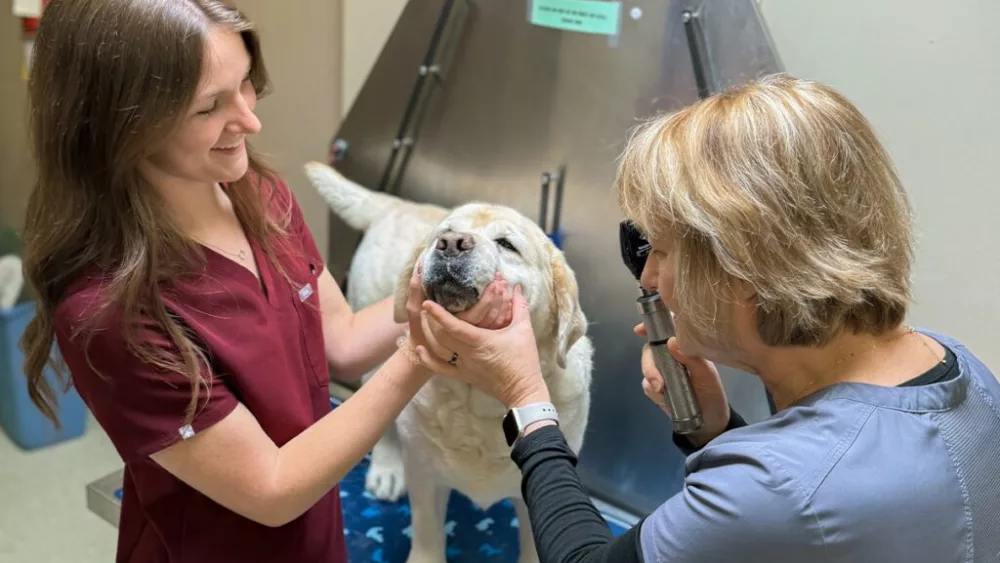(The Center Square) – Election day comes Tuesday, putting a range of major issues up for grabs as both parties battle for control of the U.S. House, Senate and gubernatorial races around the country.
The latest polling shows a tight but favorable electoral landscape for Republicans. FiveThirtyEight’s analysis and compilation of generic polls found voters overall prefer that Republicans control Congress by 1.2%.
Real Clear Politics’ polling projects Republicans will pick up four Senate seats, three governorships and roughly 31 House seats. RCP has Republicans up 2.8% on the generic ballot, while a Yahoo News-YouGov poll released Thursday has Democrats up by 2%.
This year’s midterm elections put several key issues up for grabs, including the future of many judicial nominees and the several-trillion dollars in congressional spending that kicked off during the pandemic and pushed the federal debt to more than $31 trillion this year.
On top of that, Republican lawmakers have laid out dozens of investigations since President Joe Biden took office on a range of topics, from federal funding of the controversial Wuhan lab some say was the origin of the COVID-19 virus, Dr. Anthony Fauci’s role in the pandemic, the Department of Homeland Security’s increasingly more aggressive censorship efforts with big tech, Hunter Biden’s affairs, and more. If Republicans win a majority, their investigations will have teeth.
“Everything is trending toward a Republican takeover of both chambers of Congress,” said Colin Reed, a Republican strategist, former campaign manager for U.S. Sen. Scott Brown, R-Mass., and co-founder of South and Hill Strategies. “If the GOP does regain control, voters will expect them to deliver where the current leaders haven’t: tackling inflation, reducing the costs of energy and restoring a sense of confidence that is sorely missing right now.”
Close races are scattered in states around the country, taking the lion’s share of media attention and campaign dollars.
In Pennsylvania, Republican nominee Dr. Mehmet Oz has gained on Lt. Gov. John Fetterman in the Senate race there as Fetterman’s difficulty communicating after a stroke have come into the spotlight, in part because of a recent difficult debate. Polling has the two candidates tied just a few days out.
In Georgia, Republican nominee Herschel Walker has managed to stay competitive in his toss-up Senate race with Raphael Warnock despite accusations that Walker, who says he opposes abortion, paid for two abortions years ago. Walker has denied those allegations. RCP has Walker up by 0.4%.
Senate races in New Hampshire, Nevada and Arizona, among others, are close races as well.
Gubernatorial races have garnered national attention and may be creating rising stars within the respective parties. In Arizona, Republican nominee Kari Lake has drawn attention for her contentious interactions with the media, in particular over election integrity in a swing state that was at the center of the challenges to the 2020 presidential election results. RCP has Lake up by 1.8% against the Democratic nominee, Katie Hobbs.
Wisconsin’s incumbent Democratic Gov. Tony Evers is fending off Republican challenger Tim Michels in a nearly tied race, one of several tight gubernatorial contests.
Democrats saw a real chance of maintaining control of the U.S. House of Representatives after a surge in engagement following the Supreme Court overturning Roe v. Wade earlier this year, but that support has dwindled since then.
A top issue in all these races is the economy. The U.S. Gross Domestic Product declined for two consecutive quarters earlier this year, the standard definition of a recession. The latest federal inflation data showed producer and consumer goods rose more than 8% in the last year, far outpacing wage gains. Gas prices hit a record high over the summer, topping $5 per gallon. Despite a decline in gas prices since then, they remain higher than when President Joe Biden took office.
Reed said those economic issues would likely boost many Republicans to victory on election day.
“The 2022 midterm is shaping to end as it started: with a rout of the party in charge and a sizable GOP wave. With nearly every imaginable economic metric trending in the wrong direction, this election could not come at a worse time for the Democrats, who are out of time addressing the uncertainty hanging over everyone’s lives,” Reed said. “It’s hard to scare voters about what the out party might do when the current Congress has offered absolutely nothing in the way of an economic future.”
Polling data backs up that Americans are concerned about the economy. A Gallup survey from October showed 46% of Americans pointed to an economic issue as the “most important problem” facing the nation with 20% citing inflation and 18% picking the economy overall. For comparison, only 3% of Americans chose abortion and another 4% chose crime.





